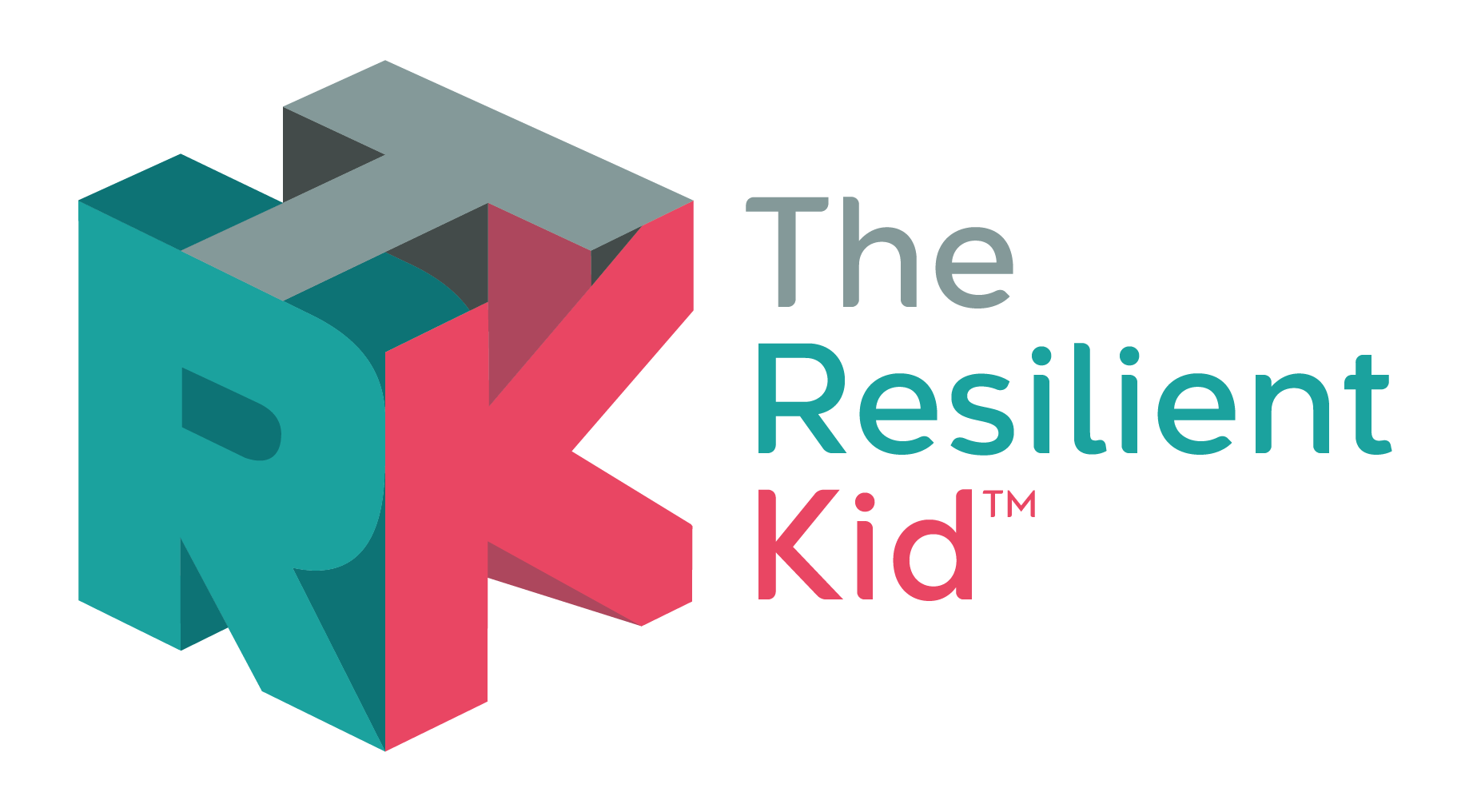Get your copy of A PARENTS GUIDE TO RAISING A RESILIENT KID --> BUY NOW

Mastering Emotional Regulation as Parents
07/12/2023
A Guide to Sustainable Well-being
Emotional regulation forms the cornerstone of a healthy family dynamic, and as parents, understanding and managing our emotions can profoundly impact our children's well-being.
Understanding Emotional Regulation:
Emotional regulation involves the ability to navigate and modulate the intensity of our emotional responses. It's not about suppressing emotions but rather about gaining control and fostering a sense of balance. As parents, recognizing the importance of our emotional states is the first step toward creating a harmonious environment for our children to thrive.
Identifying Triggers and Childhood Reflections:
One key aspect of mastering emotional regulation is identifying triggers. These triggers can be rooted in our own childhood experiences, surfacing when our kids' behavior unintentionally taps into unresolved emotions from our past. By acknowledging and understanding these triggers, we empower ourselves to respond thoughtfully rather than react impulsively.
Practical Strategies for Self-Regulation:
To effectively regulate our emotions, we must employ practical strategies. Deep breathing exercises, a simple yet powerful technique, can quickly calm the physiological response associated with heightened emotions. Additionally, taking time out when needed, naming our emotions, and listening to our bodies are valuable practices that contribute to a more grounded and composed parental presence.
Exercise and Connection:
Beyond traditional strategies, incorporating regular exercise into our routines can significantly contribute to emotional well-being. Exercise not only releases endorphins but also serves as a constructive outlet for stress. Furthermore, nurturing connections with friends and family acts as a vital pillar of emotional regulation. Sharing experiences and gaining different perspectives create a supportive network that enriches our emotional lives.
Teaching Emotional Literacy to Children:
As parents on the journey of mastering emotional regulation, it's equally crucial to impart these skills to our children. By openly discussing our emotions, naming them, and modeling healthy coping mechanisms, we provide valuable lessons in emotional literacy. This proactive approach equips our children with the tools they need to navigate their emotional landscapes.
Conclusion:
In conclusion, mastering emotional regulation as parents is an ongoing journey that significantly contributes to a resilient family unit. By understanding our triggers, implementing practical strategies, embracing physical activity, and fostering connections, we create an environment where emotional well-being becomes a shared and valued experience. So, here's to cultivating emotional intelligence, both for ourselves and the generations to come.
Comments
Must be Logged In to leave comments.


